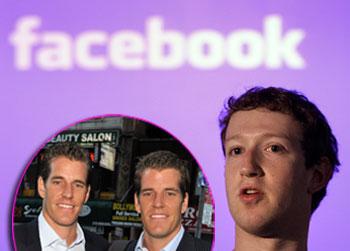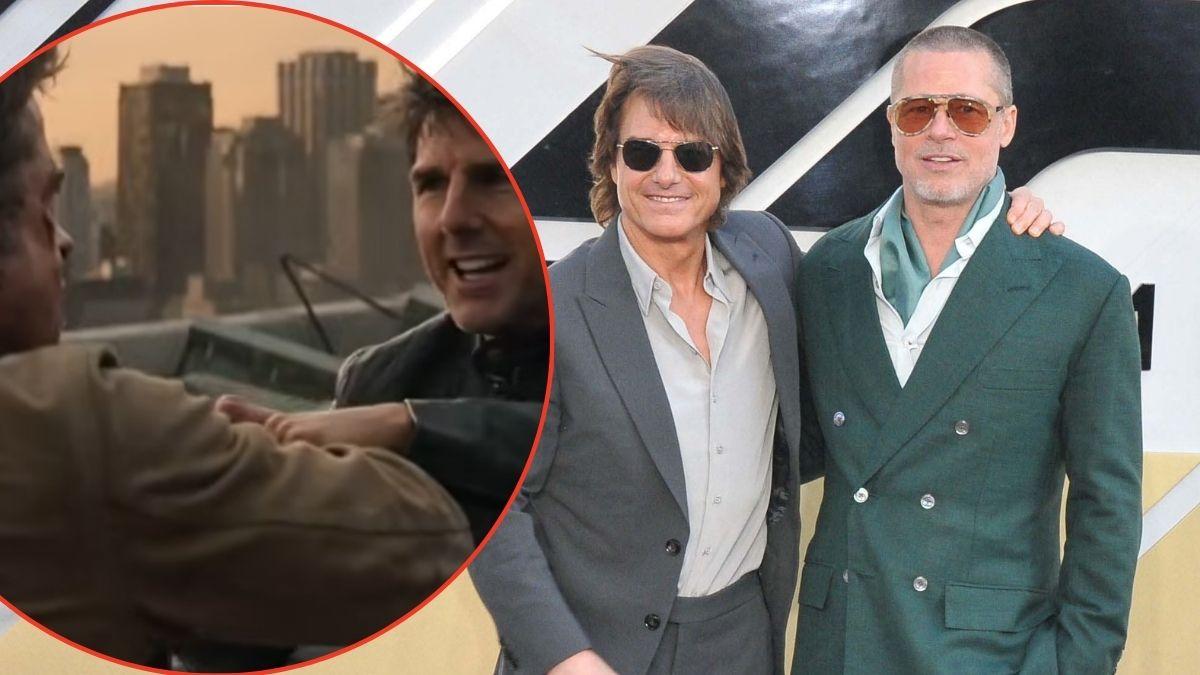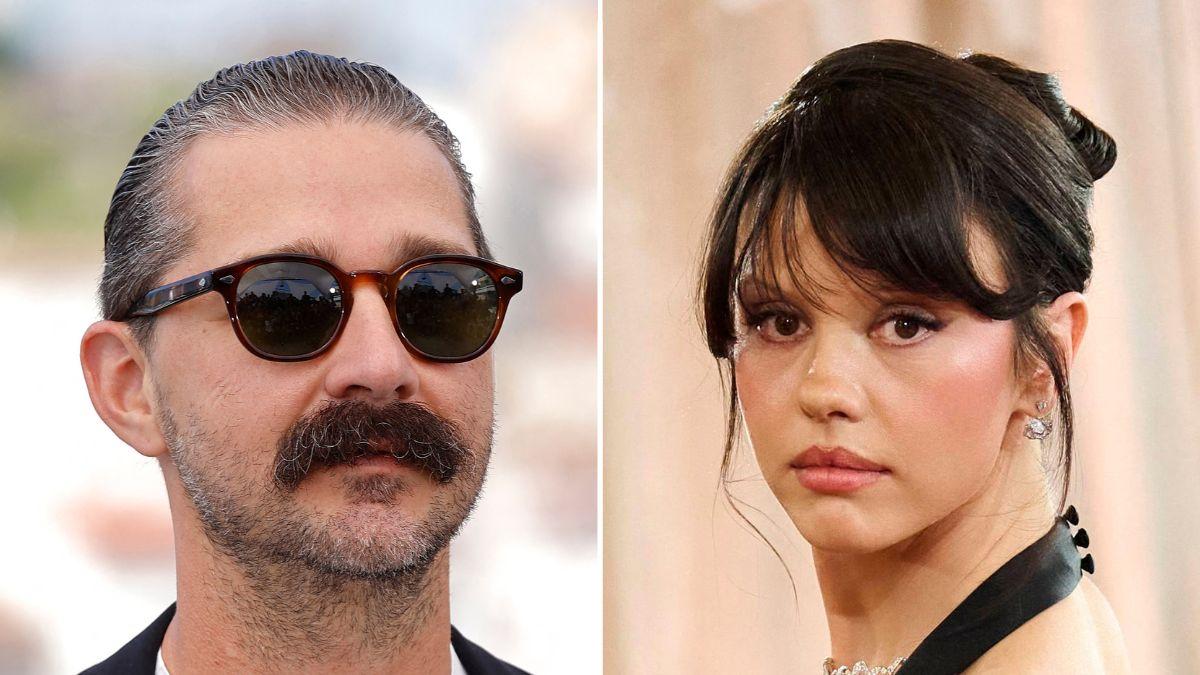EXCLUSIVE DOCUMENTS: Winklevoss Twins Lose Facebook Appeal Due To Confidentiality Agreement

May 28 2018, Updated 10:14 a.m. ET
Facebook founder Mark Zuckerberg is sure to be smiling Monday after judges for the United States Appeal Court of the Ninth Circuit issued an order and opinion stating the original settlement agreement between Facebook and the Winklevoss brothers is enforceable, RadarOnline.com has exclusively learned.
In documents obtained exclusively by RadarOnline.com, Chief Judge Alex Kozinski and Circuit Judges J. Clifford Wallace and Barry G. Silverman issued an order denying the Winklevoss twins February 18, 2009 motion to dismiss portions of the consolidated appeal and have agreed that litigation for the pair must now come to an end.
EXCLUSIVE DOCUMENTS: Read the Judges Opinion For Facebook Appeal
As RadarOnline.com previously reported, the Winklevoss' claimed Facebook and Zuckerberg duped them about the value of the site at the time of settlement and alleged securities fraud.
However, according to the judges’ opinion issued Monday in the United States Appeal Court of the Ninth Circuit, the judges state the Winklevoss’ failed to prove their security fraud claims, in part, because of the Confidentiality Agreement signed by the parties when they began settlement talks.
“The Confidentiality Agreement, which everyone signed before commencing the mediation, provides that: All statements made during the course of the mediation or in mediator follow-up thereafter at any time prior to complete settlement of this matter are privileged settlement discussions . . . and are nondiscoverable and inadmissible for any purpose including in any legal proceeding. . . . No aspect of the mediation shall be relied upon or introduced as evidence in any arbitral, judicial, or other proceeding. (emphasis added).
“This agreement precludes the Winklevosses from introducing in support of their securities claims any evidence of what Facebook said, or did not say, during the mediation… The Winklevosses can’t show that Facebook misled them about the value of its shares or that disclosure of the tax valuation would have significantly altered the mix of information available to them during settlement negotiations.”
As a result of their findings, the judges go on to state: “The Winklevosses are not the first parties bested by a competitor who then seek to gain through litigation what they were unable to achieve in the marketplace. And the courts might have obliged, had the Winklevosses not settled their dispute and signed a release of all claims against Facebook. With the help of a team of lawyers and a financial advisor, they made a deal that appears quite favorable in light of recent market activity. See Geoffrey A. Fowler & Liz Rappaport, Facebook Deal Raises $1 Billion, Wall St. J., Jan. 22, 2011,at B4 (reporting that investors valued Facebook at $50 billion —3.33 times the value the Winklevosses claim they thought Facebook’s shares were worth at the mediation).
“For whatever reason, they now want to back out. Like the district court, we see no basis for allowing them to do so. At some point, litigation must come to an end. That point has now been reached."
The tumultuous relationship between Zuckerberg and the Winklevoss twins was the focus of the blockbuster movie The Social Network.
The saga started in November 2003, when the twins and another Harvard peer, asked Zuckerberg to help them write the code for their own social networking site, Harvard Connection.
But after Zuckerberg verbally agreed to finish the network, the brothers claim that he hedged and delayed on his work, and then came out with a competitor, 'thefacebook.com'.
After sending an immediate cease and desist to Zuckerberg, which he ignored, they sued in 2004.
In Facebook's filing, Zuckerberg is touted as the man who "through innovation, determination and marketing genius" steered Facebook "to become an enterprise that now serves over 400 million users worldwide and is probably the hottest start-up in the world".
The feuding parties finally reached a settlement reportedly valued at $65 million in 2008, but the Winklevoss twins believed they're entitled to more.
However, Facebook and Zuckerberg claim: "The settlement agreement is enforceable because it clearly communicated the parties' intention to be bound and the terms were definite."
Based on the latest order and opinion, it appears they were right!
RELATED STORIES:



